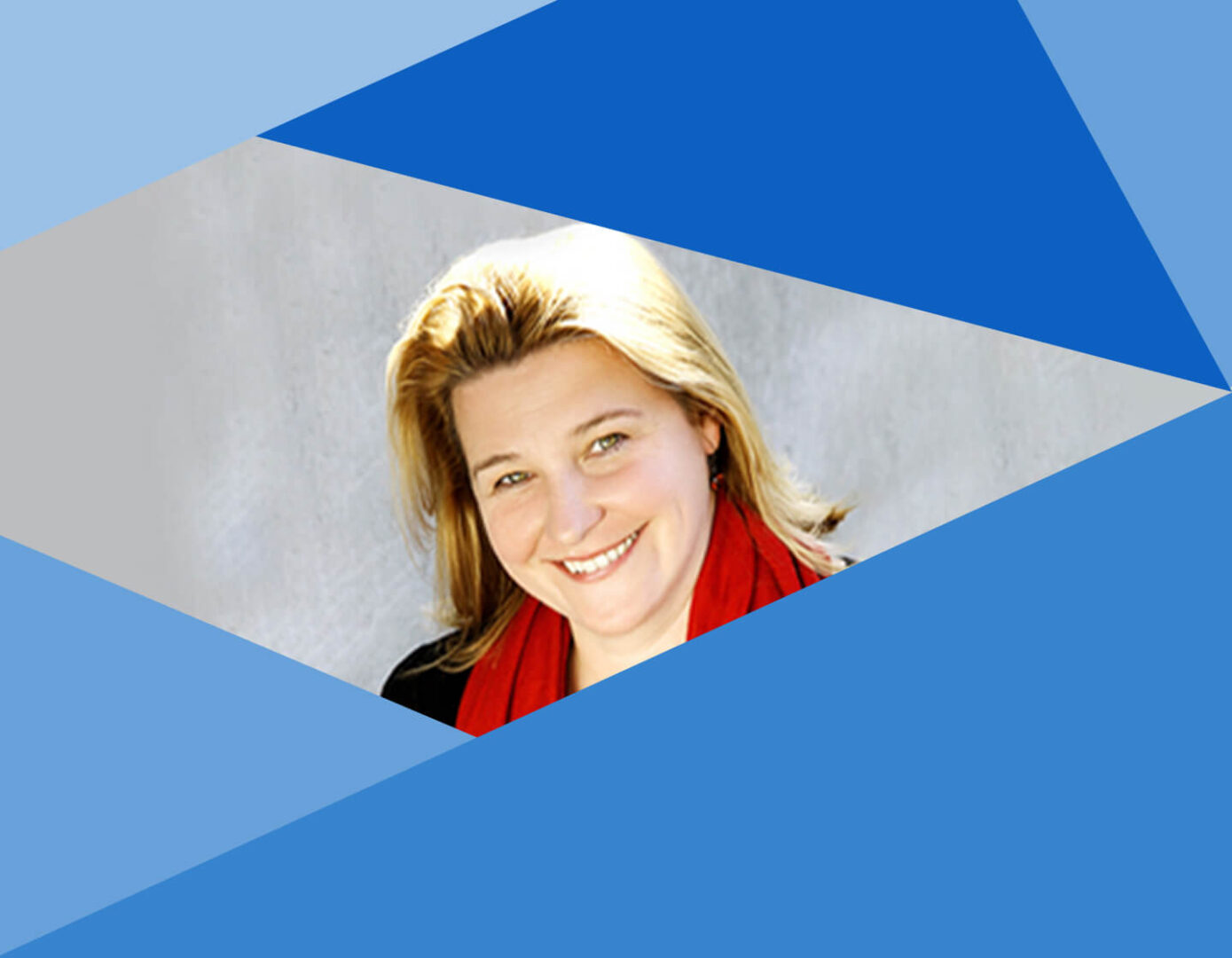
Ahead of her keynote address on 25th June 2020 at IMD’s inaugural OWP liVe – an innovative virtual learning experience – neuroscientist Tania Singer outlines some of her research insights on building resilient and collaborative organizational teams.
“Being a global business leader comes with huge responsibilities,” says neuroscientist Professor Tania Singer. “Especially in multinationals which can help preserve or destroy a whole planet with their decisions and actions, or bring prosperity or poverty to people’s lives.”
Certainly, great power comes with great responsibility and the role of business is changing in a world struggling to deal with COVID-19, climate crises, resource depletion and social and economic inequalities. There is a need for a wide lens and courageous leadership that can position organizations securely in the new realities. Professor Singer’s research of the past 20 years has been in the social neurosciences focusing around the social brain and capacities such as compassion and empathy. It is her belief that cultivating such social qualities within organizations is going to be key to leadership success.
Professor Singer’s work, as the head of the Social Neuroscience Lab at the Max Planck Society in Germany, has been committed to broadening the scope of how we cultivate mental qualities to widen our circles of compassion in order to create visionary leaders. For the past 20 years, the ReSource Project team she heads has undertaken a large-scale longitudinal mental training study with the aim to decrease stress and burn-out while increasing brain plasticity, mental and physical wellbeing and pro-social behavior.
The research team has found that a secular, mental training technique – one based on mindfulness with a specific focus on compassion and perspective taking – actively strengthens and builds both resilience and inter-relational competencies in practitioners.
“There are many different types of meditation and mental exercises. For the ReSource Project, we investigated three different types of practices: attention-based, socio-emotional and socio-cognitive ones” she says. “Most of the mindfulness apps or courses that people subscribe to daily focus on present moment awareness. But we find that when we use the practices that reinforce empathy and compassion or our ability to take a birds-eye perspective on others, and ourselves we see more increases in social competencies and social intelligence. People also become better in connecting and cooperating with each other.”
It is easy to see how relevant the research is to multinational organizations. Relational competencies are a prerequisite for success in our increasingly digitized and collaborative world. However, the digital space itself is one that can act negatively on the biologically social human, leading to alienation, anxiety and other negative mental health issues.
“Interestingly, although the online world connects us more and more globally digitally, we at the same time tend to become less connected relationally – that is the feeling of being lonely increases. We also become more distracted, stressed and less productive and these trends are now even visible in children,” said Professor Singer.
Yet, by actively cultivating the brain networks underlying our capacity for empathy and compassion, we can not only counteract the negative impact of the always-online world but strengthen and develop those parts of the brain that help build stress-resilience while also becoming relationally adept.
While positive about the mainstreaming of mindfulness, Professor Singer feels there is a need for people to become more knowledgeable about different mindfulness techniques and what they have to offer.
“Mindfulness that focuses on present moment awareness and attention is a great place to start, but we need to move beyond and not forget about ethical and relational capacities such as compassion and perspective taking, the so-called soft skills. In fact, these are survival skills as the evolution of our species has depended on our relational social skills. Focusing on these qualities will be the next phase of the mindfulness movement,” she says.
Whereas compassion and empathy training enables cultivating emotional and motivational skills, perspective-taking training refers to building up a meta-cognitive perspective, in which the practitioner is able to adopt the cognitive reality of another person without being emotionally charged – either positively or negatively – by it. Such perspective taking stops us from reacting to perceived differences in others either judgmentally or negatively.
The ReSource Project offers are science-based set of different types of secular mental practices to build up different skills in practitioners. Professor Singer is convinced they are crucial skills for addressing stress, improving wellbeing, cross-cultural cooperation and conflict resolution. As such, she says, their transformative potential is huge.
Professor Singer emphasizes that in today’s unprecedented crisis, people need to equip their brains with the tools to cope with huge degrees of uncertainty, foster social cohesion and move into truly global citizenship. To foster these tools, she will be sharing her research insights into brain plasticity, mindfulness, and compassion and empathy training at IMD’s OWP liVe in Lausanne on 25th June 2020.
She hopes to inspire participants to resource themselves and their teams with appropriate mental practices in order to meet the challenges of our globalized, connected workplaces with courage.
“As a great teacher once said to me: ‘Compassion is not a wet noodle to be dismissed’. It is a courageous act and one that places us in the service of others. A compassionate leader is someone who cares for the welfare of their colleagues, their staff, and ultimately the world that they are working for,” she says.


